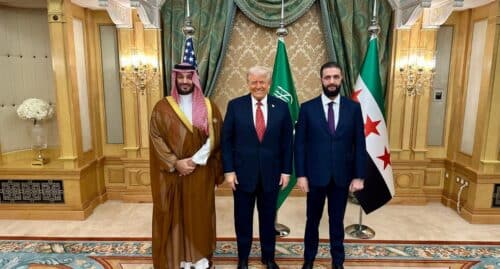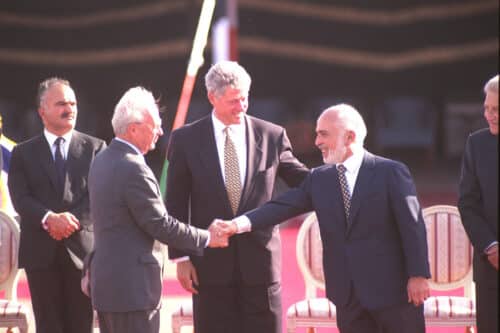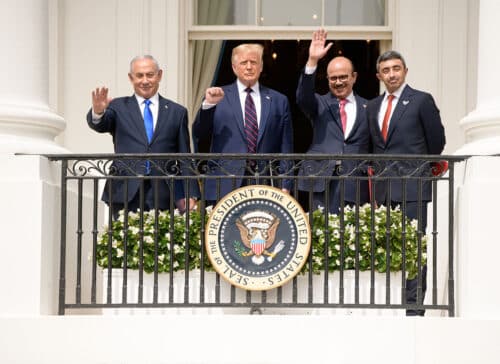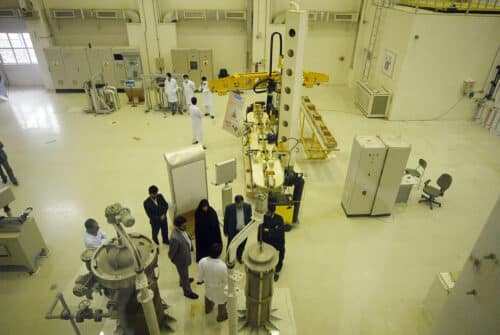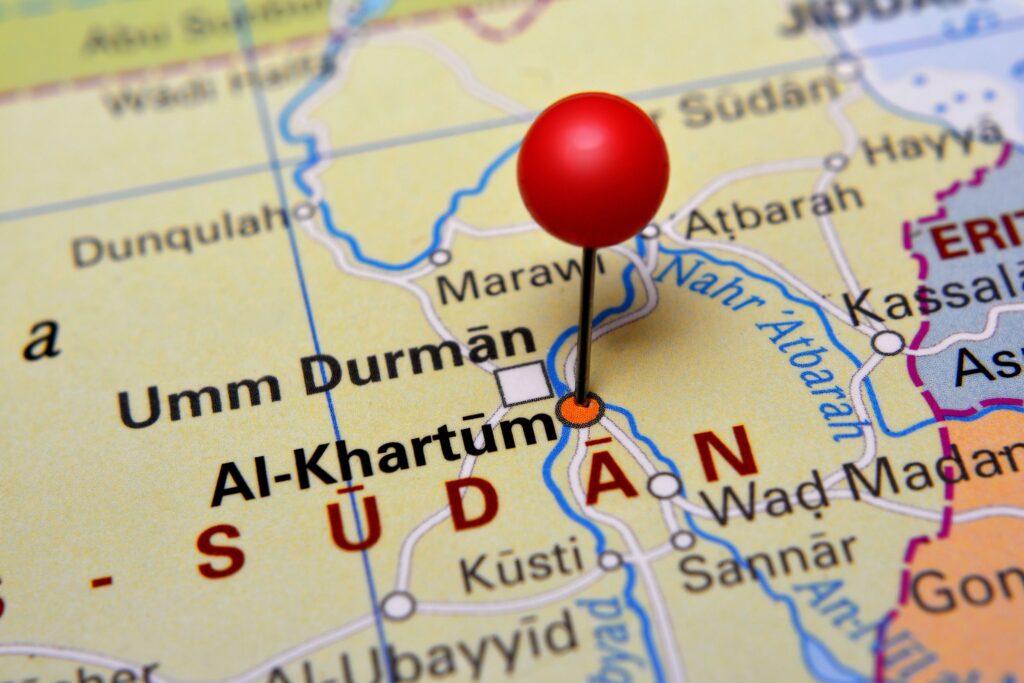
Despite the collapse of Iran’s Middle Eastern proxies, Tehran is continuing to expand its activities in Africa. From the very beginning of the Islamic Revolution, Iran viewed Africa as a high-priority arena, for a variety of reasons: Iran recognized an ideological connection between itself and many African countries in their resistance to the West, to the “colonialist Western occupier.” In addition, Iran has always sought to use Shiite communities around the world for its own purposes, and there is a large Lebanese Shiite community in Africa. Moreover, Africa’s geographical proximity to the Middle East has made it particularly appealing to the Iranians who sought to use it for their own needs and to strengthen Tehran’s proxies. Evidence of this is Iran’s extensive use of Sudan as a route for transferring weapons to Palestinian terrorist organizations in Gaza. Sudan has a long history of extensive ties with extremist terrorist organizations, including entities from Hezbollah and Hamas, which are proxies of Iran. Moreover, even now, Tehran continues to expand its ties with Sudan and sends Mohajer-6 UAVs to the Sudanese army. Just like Iran trained the Houthis, Hamas, and Hezbollah on how to use and prepare drones- it is doing the same in Sudan. Iran strives to turn Sudan into an Iranian protectorate and reap political and security gains – strengthening the diplomatic relationship between the countries and establishing a port for Iranian use in the Port Sudan area.
Iran’s entrenchment in Sudan poses another threat to Israel and also to other countries in the region, such as Egypt, which borders Sudan. The Iranians are joining forces with elements linked to the Muslim Brotherhood, and this is a red flag for Egypt. The regime of current Egyptian President Abdel Fattah El-Sisi outlawed the Muslim Brotherhood, threw members of the previous regime, including ousted President Mohamed Morsi, into prison – and now may have to deal with the Muslim Brotherhood resurgence – with Iranian encouragement. The Iranians, on their crusade, are trying to gain a foothold in several places simultaneously, as they work to renew relations with Egypt while concurrently strengthening their hold on their southern neighbor, Sudan. According to the Iranians, if the Egyptians agree to cooperate, the Iranians will gain two strategic goals, Egypt and Sudan, in order to attack Israel by various means – and if not – they will be able to exert pressure by threatening Egypt from Sudanese territory.
Iran is also basing itself in the Horn of Africa region, a highly strategic point, where it is trying to increase its hold, and influence the power of the Houthis in Yemen and the threat to the Strait of Bab-el-Mandeb. Yemen and the Horn of Africa control the Bab-el-Mandeb Strait, which connects the Red Sea with the Gulf of Aden and the Indian Ocean, and is a major trade route between Europe and Asia. Bab-el-Mandeb is a maritime route responsible for the stability of oil supplies to Europe, the functioning of the Saudi Port of Jeddah and the Suez Canal, and Egypt’s economic stability.
In June 2024, the Houthis began promoting a strategic alliance with al-Shabaab al-Mujahideen in Somalia, an organization affiliated with Al-Qaeda. Such cooperation may increase tensions in the Red Sea area and strengthen Iran’s proxies in the region. The two terrorist organizations, despite religious-ideological differences (the Houthis are Shiites while al-Shabaab are Sunni-Salafi), are likely to strengthen each other, transfer advanced weapons between them, and cooperate in combating Israel and Western forces. The Houthis may provide Precision Guided Munitions (PGMs) to al-Shabaab, including drones and armed missiles that would pose a significant threat to regional stability. In addition, al-Shabaab could directly target American forces stationed in Somalia using weapons already tested by the Houthis against American forces near Yemen.
Israel and other countries in the region should pay attention to what is happening in Africa, as Iran strives for regional hegemony by adding increasingly more tentacles that will strengthen the “Iranian octopus.” Iranian efforts may result in Sudan, and later other countries in the region, becoming Iranian protectorates – while the ayatollah regime attempts to fool and distract the West.


